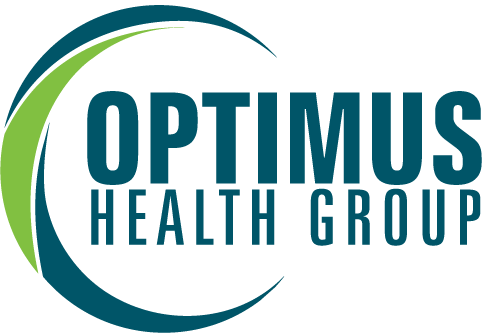could you be pre-diabetic?
Pre-diabetes
Pre-diabetes describes a condition in which blood glucose levels are higher than normal, although not high enough to be diagnosed with type 2 diabetes. Pre-diabetes has no signs or symptoms. People with pre-diabetes have a higher risk of developing type 2 diabetes and cardiovascular (heart and circulation) disease. Two million Australians have pre-diabetes and are at high-risk of developing type 2 diabetes.
Without sustained lifestyle changes, including healthy eating, increased activity and losing weight, approximately one in three people with pre-diabetes will go on to develop type 2 diabetes.
There are two pre-diabetes conditions:
Impaired glucose tolerance (IGT) is where blood glucose levels are higher than normal but not high enough to be classified as diabetes.
Impaired fasting glucose (IFG) is where blood glucose levels are escalated in the fasting state but not high enough to be classified as diabetes.
It is possible to have both Impaired Fasting Glucose (IFG) and Impaired Glucose Tolerance (IGT)
Risk factors
Risk factors for pre-diabetes are similar to those for type 2 diabetes which are:
Being overweight – especially those who have excess weight around the waistline (ie: more than 94cm for men and more than 80cm for women).
Being physically inactive.
Having high triglycerides and low HDL-C (good cholesterol) and/or high total cholesterol.
Having high blood pressure.
Having a family history of type 2 diabetes and/or heart disease.
Other people at risk include:
Women with Polycystic Ovarian Syndrome*.
Women who have had diabetes in pregnancy (gestational diabetes) or given birth to a big baby (more than 4.5kgs).
Those from Aboriginal and Torres Strait Islander background.
Those from certain ethnic backgrounds such as the Pacific Islands, Asia and the Indian sub-continent.
For more information refer to the Polycystic Ovarian Syndrome and Diabetes information sheet.2
Treatment
If you are diagnosed with pre-diabetes, an Exercise Physiologist would be able to assist with the following:
-Appropriate and safe exercise prescription
-Education in regards to how exercise affects the bodies hormones and blood glucose levels
-General dietary advise
-Providing an overview of what signs and symptoms to be aware of
People with pre-diabetes are also at increased risk of heart disease, so an Exercise Physiologist will be able to prescribe exercise and provide education in regards to controlling blood pressure and cholesterol/ triglycerides levels.
Regular physical activity
Regular physical activity helps your body to use insulin better and to feel fit and healthy. Aim to include a combination of moderate (such as brisk walking or swimming) or vigorous (such as jogging, aerobics class, strenuous gardening) aerobic exercise as well as some resistance exercise (such as bodyweight exercises or lifting light weights)
Starting a regular activity program – and sticking to it – can often be made a lot easier by joining up with a group or motivated friend to encourage you to keep going.
Can Type 2 diabetes be avoided?
Being diagnosed with impaired glucose metabolism (pre-diabetes) doesn’t mean that you will get type 2 diabetes but you are at a 10-20 times greater risk than those with normal blood glucose levels.
Strong evidence shows that type 2 diabetes can be prevented in up to 58% of cases in the high risk (pre-diabetes) population by eating well and exercising.
A Type 2 diabetes risk assessment is easy using the Diabetes Australia Risk Calculator based on the AUSDRISK – the Australian Type 2 Diabetes Risk Test. A score of 12 or more means a person is at high risk , should see their doctor for blood tests and seek a diabetes prevention program (lifestyle behaviour change).
How to book an appointment with our Exercise Physiologist!
If you would like to see our EP privately you do not require a GP referral however you may be eligible for subsidised appointments through Medicares Team Care arrangement process which your GP can help you with.

